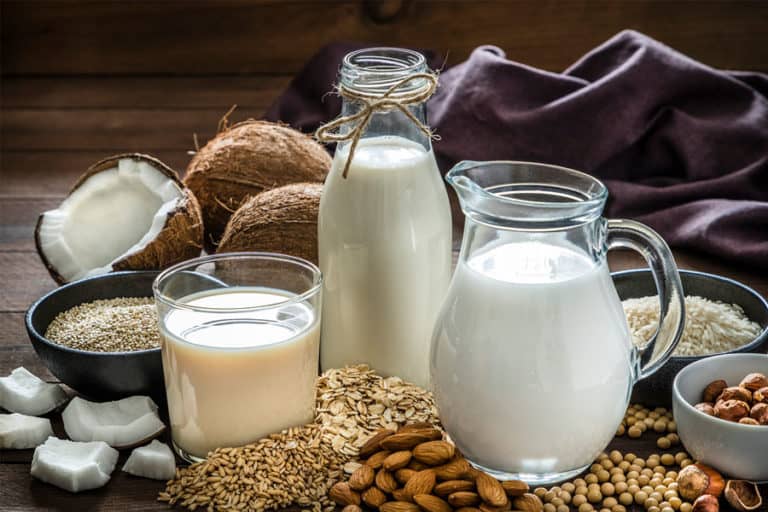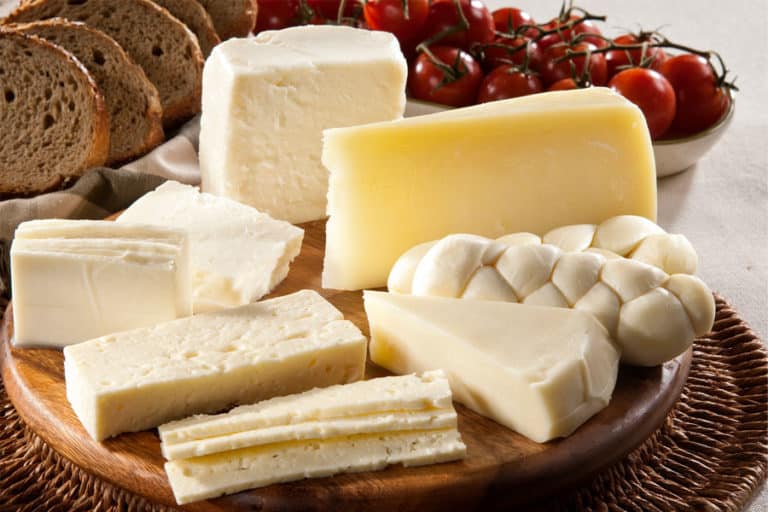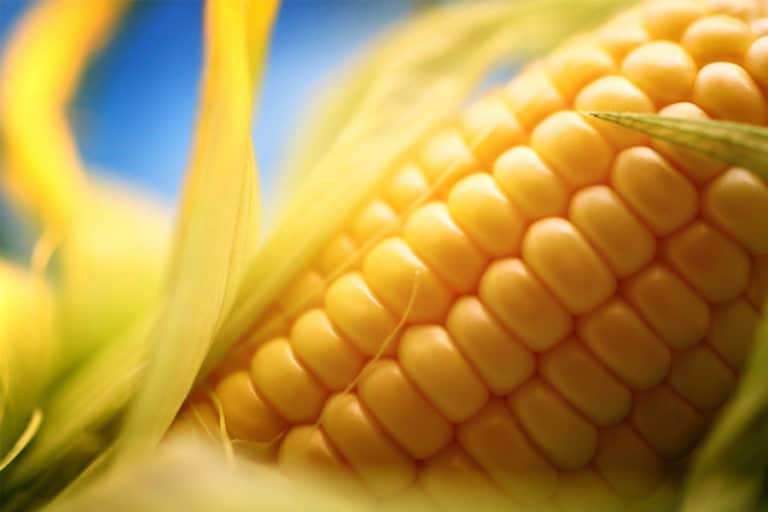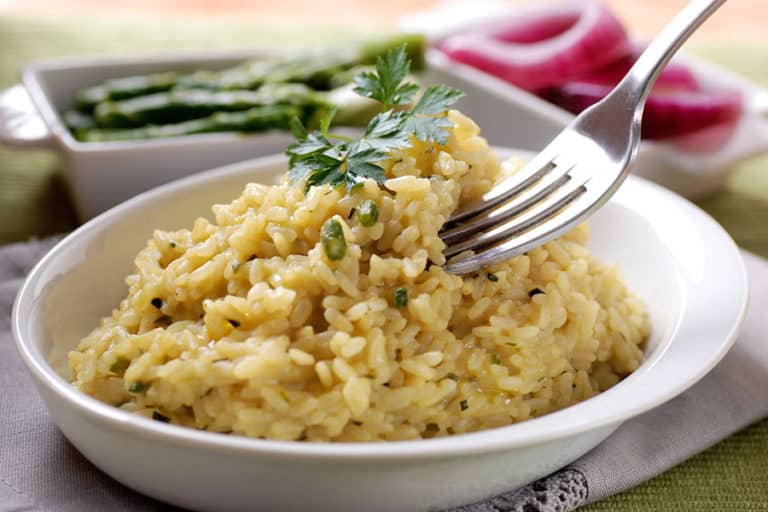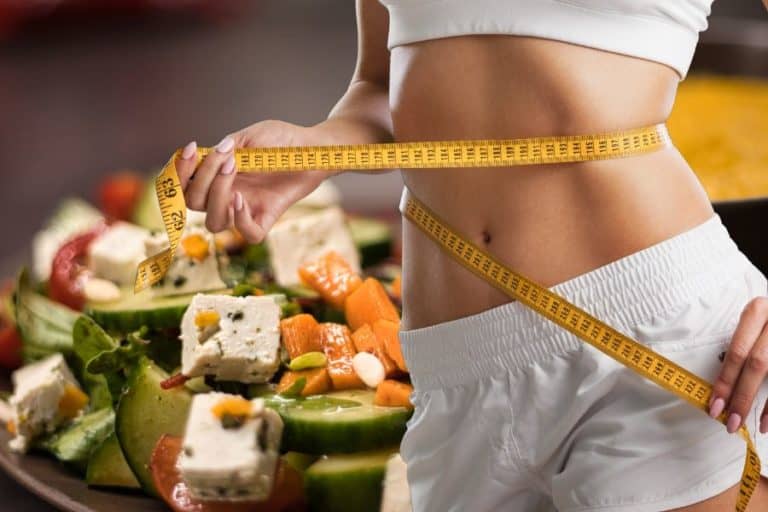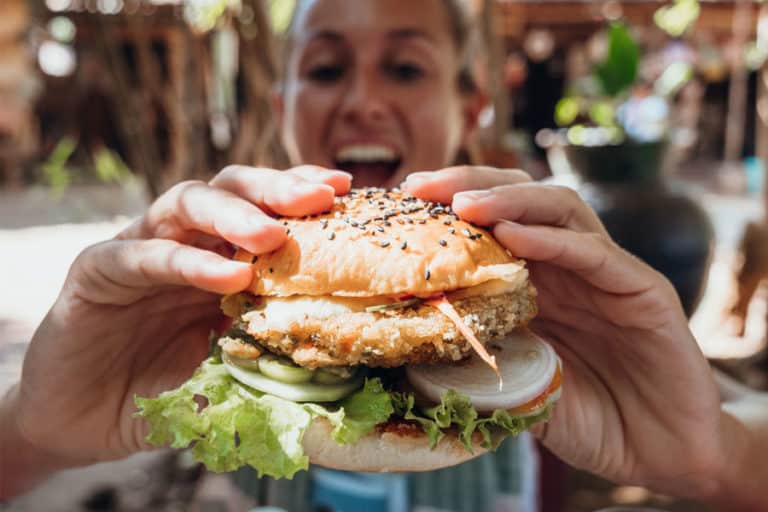To Be Or Not To Be Vegan: Do Vegans Eat Eggs?
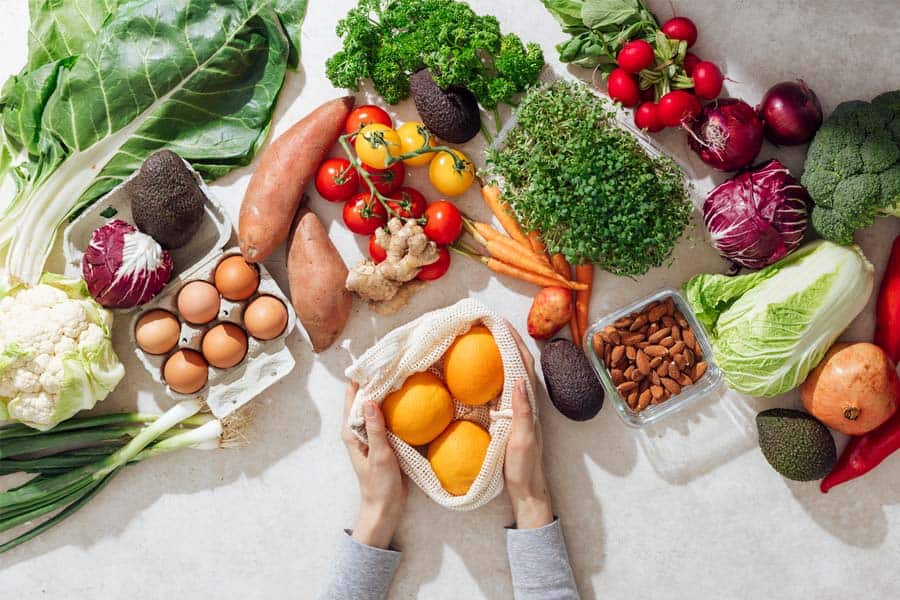
Do Vegans Eat Eggs | Are Eggs Vegan | Why Vegans Avoid Eggs | Eggs For Vegans | Vegans And Egg Consumption | Vegan Egg Substitutes | bottom line
A nutrient-dense, protein-rich powerhouse, eggs have long been a breakfast staple. But for those who do not eat animal products, eggs are generally considered off-limits.
The question of whether one can eat eggs on a vegan diet is a contentious one. Different people hold different opinions on this matter.
Do vegans eat eggs?
The simplest and the most technically accurate answer is no. Vegans do not eat eggs. Take a look at how The Vegan Society [1]Vegan Society: Definition of veganism defines veganism:
“Veganism is a philosophy and way of living which seeks to exclude—as far as is possible and practicable—all forms of exploitation of, and cruelty to, animals for food, clothing or any other purpose; and by extension, promotes the development and use of animal-free alternatives for the benefit of animals, humans and the environment. In dietary terms it denotes the practice of dispensing with all products derived wholly or partly from animals.”
This definition excludes eggs from the vegan diet. And yet, a section of people have begun to eat eggs on their vegan and vegetarian diets as well.
Vegetarians who eat eggs are called ovo-vegetarians. Vegans who consume eggs often call themselves Veggans.
Are eggs vegan?
A common question among those considering a vegan diet is whether eggs are vegan. After all, eggs are a natural product, and they don’t seem to involve any cruelty or suffering.
Unfortunately, the answer is not so simple. The egg industry is typically very cruel and ecologically unsustainable. The chickens reared to produce eggs are kept in conditions that are far from ideal.
Most hens used for egg production are kept in cramped, dirty cages. They are fed a diet that includes cholesterol-raising drugs and other unhealthy substances. Male chicks are killed because they cannot lay eggs, and females are kept in perpetual suffering for as long as they can keep laying eggs.
Given the inherent cruelty and the ecological cost of the industry, eggs are not considered vegan by most vegans.
However, there is a small but growing number of “cruelty-free” egg producers who allow their hens to roam freely and eat a natural diet. Eggs from these producers may be considered vegan by some people.
Reasons why vegans don’t eat eggs
Eggs are a natural food source that doesn’t exactly involve harming animals, so why wouldn’t vegans want to include them in their diet? Well, there are actually a few reasons. Here are three of the most common ones.
1. They are unhealthy
While eggs are often touted as being a “healthy” food, some argue that they might not really be healthy.
According to the USDA, [2]U.S. Department Of Agriculture: Egg, whole, raw, fresh a single egg contains 3.13g of saturated fats and 372 mg of cholesterol.
Cholesterol is a known contributor to heart disease. Saturated fat has also been linked to an increased risk of stroke and heart disease.
Additionally, eggs also carry a risk of salmonella poisoning. [3]Centers for Disease Control and Prevention: Salmonella and Eggs Regular consumption of eggs has been linked to an increased risk of cardiovascular disease and cancer mortality. [4]Plos Medicine: Egg and cholesterol consumption and mortality from cardiovascular and different causes in the United States: A population-based cohort study
2. They are unsustainable
Egg production is extremely unsustainable and environmentally destructive. The industry requires gallons of oil, huge amounts of water, and vast tracts of land.
It also emits large amounts of greenhouse gases into the atmosphere. A team of Spanish researchers has observed a carbon footprint of 2.7 kg of CO2 [5]Science Direct: Environmental assesment of intensive egg production: A Spanish case study produced per dozen of eggs.
3. They support animal cruelty
Finally, many vegans object to eating eggs because doing so supports the animal agriculture industry. Chickens used for egg production are typically kept in tiny battery cages where they can barely move.
Since veganism is less of a dietary choice and more of an ethical one, the treatment of chickens is a major reason why some vegans do not eat eggs.
Are eggs from humanely raised chickens safe for vegans?
The simple answer is that it depends on your personal definition of veganism.
Unlike a vegetarian diet, a vegan lifestyle goes beyond just what you eat. A strict vegan diet excludes all animal products, including eggs. It also extends beyond diet to include consideration for how animals are treated.
A category of vegans and vegetarians eat eggs if it is not associated with the animal cruelty of the factory farm. These “ethical omnivores” only eat “backyard eggs,” or eggs from pasture-raised free-range hens that are treated humanely.
At the end of the day, whether or not you choose to consume eggs as a vegan is a personal decision. If you’re a vegan who considers eggs to be part of a healthy diet but is also concerned about the welfare of animals, look for eggs that come from humanely raised chickens.
Otherwise, you may want to stick with vegan alternatives like tofu scramble or flaxseed eggs.
Reasons why some vegans (veggans) have started eating eggs
Some vegans have started to eat eggs, while others remain staunchly against it. Here are reasons why some vegans have started to include eggs in their diet:
- It is the most efficient way of getting protein.
- It is also a good source of other essential nutrients like iron, vitamin A, and omega-3 fatty acids.
- It is a more humane option than other animal products like dairy or meat.
- Eggs from pasture-raised chickens are a more humane and environmentally friendly option than consuming meat.
- It takes less land and water to produce a dozen eggs than it does to produce a pound of beef.
List of vegan egg substitutes
If you’re vegan or have an egg intolerance, there are plenty of vegan egg substitutes you can use instead of eggs. Here are a few options:
1. Flax eggs (ground flaxseeds)
Flaxseeds are also a good source of fiber and omega-3 fatty acids. To use them as an egg replacement, combine 1 tablespoon of ground flaxseeds with 3 tablespoons of water and let the mixture sit for about 5 minutes until it forms a gel-like consistency. Then, add it to your recipe in place of eggs.
2. Aquafaba (chickpea liquid)
Aquafaba is the liquid that remains after cooking chickpeas. It’s a great vegan egg replacer because it has a similar consistency to egg whites and can be used in many of the same ways. You can use it to make meringues, mayonnaise, and even ice cream!
3. Chia Seeds
Chia seeds are a good source of fiber and omega-3 fatty acids and can be used as a vegan egg substitute in sweet and savory dishes. To use them as an egg replacement, soak chia seeds in water until it forms a gel-like consistency. Then, use it in your recipe as you would normally use eggs.
4. Banana
Bananas are a great vegan egg replacement because they add natural sweetness and moisture to recipes. To use them as an egg replacement, mash one banana with a fork until it’s smooth, and then add it to your recipe in place of eggs.
5. Silken Tofu
Silken tofu is perfect for recipes that call for cooked eggs, such as quiche or frittata. To use it as an egg replacement, crumble the tofu into small pieces and then add it to your recipe in place of the eggs. The tofu will give your dish a custard-like consistency similar to cooked eggs.
6. Non-Dairy Milk + Vinegar or Lemon Juice
Non-dairy milk (such as soy, almond, or coconut) can be used as an egg replacer in recipes that don’t require the eggs to be cooked (such as pancakes or waffles). The acidity in the vinegar or lemon juice will cause the non-dairy milk to curdle and thicken, making it similar in texture to eggs.
The bottom line
Some vegans have started to include eggs in their diet for various reasons. Others remain staunchly against it. Whether or not you think eating eggs is compatible with veganism is a personal decision that ultimately comes down to your own values and preferences.
FAQs
The rules and ethics of a vegan diet are not always clear-cut, and there are often gray areas. Here are some frequently asked questions about the vegan diet to help clear things up.
Can You Lose Weight By Eating Gluten-Free?
Consuming foods with gluten-free ingredients may help weight loss. Those who have gluten sensitivity may also lose weight when they stop consuming foods that contain gluten. Often even people without gluten intolerance lose weight when they go gluten-free. This is because most gluten-free foods are whole, unprocessed foods.
How Can I Tell If A Food Is Gluten-Free?
The best way to determine if a food is gluten-free is to check the food labels behind the package. If the food contains wheat, rye, or barley, it contains gluten. Caution and awareness is a must here, since some foods may be labeled “gluten-free,” but this does not necessarily mean the food is free of gluten.
What Are The Early Warning Signs Of Celiac Disease?
Among the early warning signs for celiac disease diagnosis are, weight loss, fatigue, and abdominal pain. Other early warning signs include joint pain, skin rashes, and headaches. If you think you might have celiac disease, it’s important to see your doctor for advice.
How Much Weight Can You Lose On A Gluten-Free Diet?
The average loss of weight on a gluten-free diet is around five to fifteen pounds. However, weight loss may vary depending on how much gluten was consumed before starting the diet and other individual factors.
Are All Fruits And Veggies Naturally Gluten Free Foods?
Yes, all fruits and vegetables are gluten-free. However, some processed fruits and vegetables or products made out of them may contain gluten. Therefore, it is important to read the food labels on any processed fruits, dried fruits, vegetables, and pre-manufactured smoothies or shakes.
Are there gluten-free options in sauces and dressings?
Yes, there are gluten-free options in sauces and dressings. Most salad dressings and tomato-based sauces are generally free of gluten-containing ingredients like flour and thickeners. However, you should check the label to be sure. Some soy sauces and teriyaki sauces contain gluten.
References
| ↑1 | Vegan Society: Definition of veganism |
|---|---|
| ↑2 | U.S. Department Of Agriculture: Egg, whole, raw, fresh |
| ↑3 | Centers for Disease Control and Prevention: Salmonella and Eggs |
| ↑4 | Plos Medicine: Egg and cholesterol consumption and mortality from cardiovascular and different causes in the United States: A population-based cohort study |
| ↑5 | Science Direct: Environmental assesment of intensive egg production: A Spanish case study |


